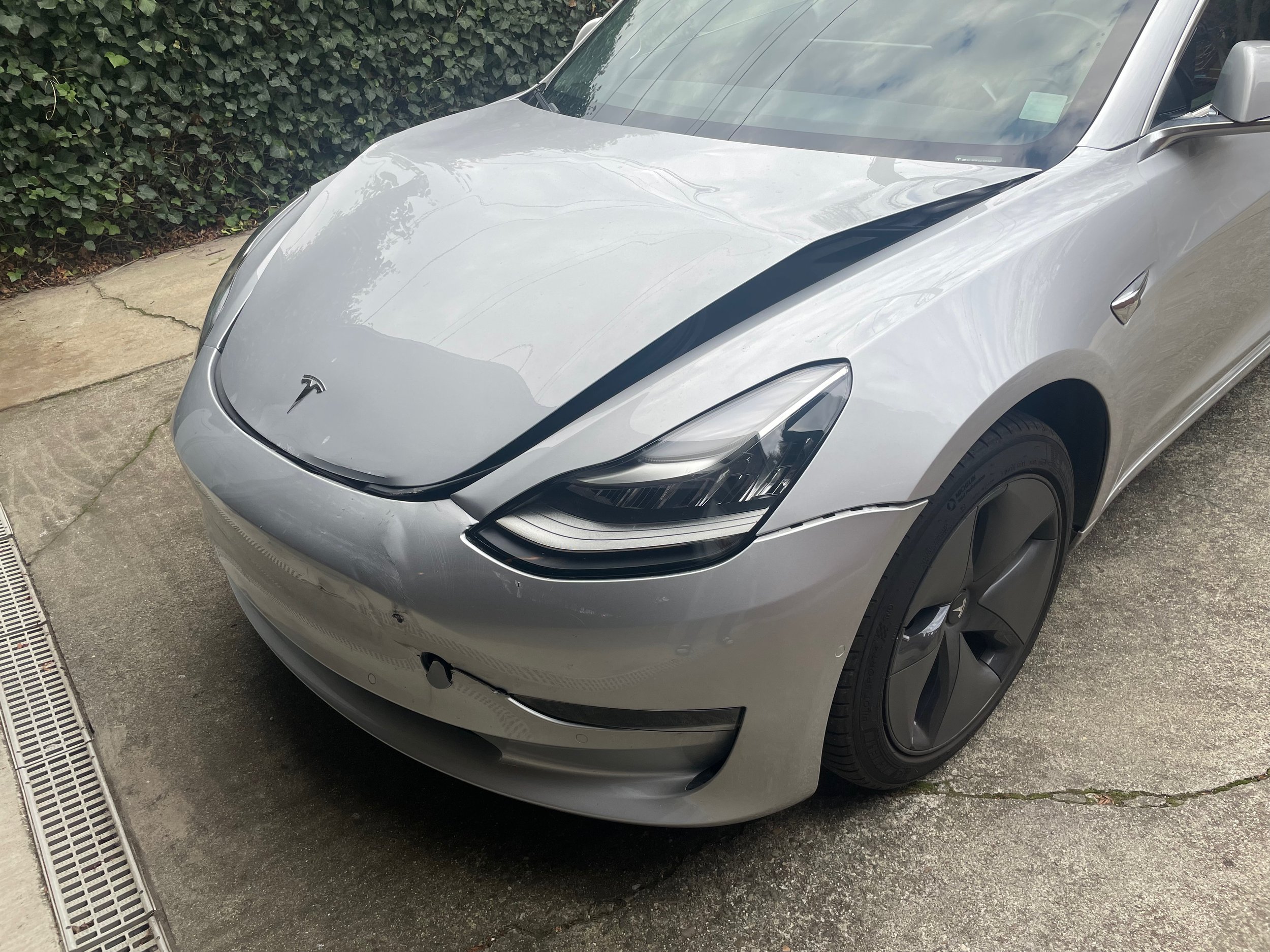“I am no better and neither are you
We're all the same, whatever we do..” Sly Stewart
I recently received an emailed collection of historical mages, This was one of them. I quoted the caption below.
“Some of our favorite old photographs are merely everyday people in everyday life.”
When we’re not taking selfies, landscapes, our families, or our kids performing in “Our Town,” or the events that fill our lives, we’re probably overlooking the random images of everyday life that are also woven into that fabric, inconsequntial, meaningless, so common that they don’t warrant a photograph, not even a second look. In truth they are none of those things. In this first image the meaning is derived from a historical perspective, showing a world that no longer exists, even such a common event as a woman in a drugstore shopping for postcards.
People text jpegs now from their phones.
Hoping their horse finishes in the money.
Reading the paper on the train.
The historical perspective again. The beatific expression of a marcher in Golden Gate Park at a Hare Krishna parade in 1968.
A man at work
Just a woman walking a dog. Yes, it’s an everyday occurrence, but this one is punctuated by the fashion of the dog walker herself.
Santa Fe, New Mexico
Waiting, just waiting.
We see people taking photographs everyday. Fifteen years ago photographers took them with cameras, not phones. In this photo a Japanese tour guide was given cameras by students visiting The Alamo. Again, history provides the context. Besides his own camera, seven others are dangling from his wrist each one belonging to one of the students.
A woman navigating a map of exhibits at a photography convention in San Antonio.
More everyday stuff. On a trip through the South we found ourselves in Jackson, Mississippi, staying at a hotel across the street from the Mississippi State Fair. This young man raised the steer that he proudly displays.
Riding the St. Charles line in New Ørleans. It’s just a photo of a young lady and her boots. What we have are two pairs of legs, that’s all.
We left New Orleans and stopped at Natchez on the same day as the Homecoming Parade. Here are the Natchez High School JV Bulldogs, football players at the beginning of the parade. In the face of #51 is all the bluster, bravado and self-confidence that he will take when he dons his uniform. He’s ready today.
On the street. A homeless man is promised food, but first he must listen to a reading from the Bible.
Two conversations.
One, at a casino in Alabama.
…another in a Berkeley museum.
Two passengers on BART. Seeing these two seated together doesn’t qualify as an everyday event, I know, but because life throws oddball stuff like this at us everyday I love to acknowledge it.
What strikes this American as unique, worthy of a photograph, would be ignored by citizens of Neemrana, India, if they strolled into the local elementary school, seeing students diligently studying in class.
Something beyond the ordinariness often catches my eye—the two very different men sitting together on BART, the western clothes of the Santa Fe dog walker. the wall of postcards, the cheering women at the race track, a hand on the train. And through the lens of time ordinariness becomes extraordinary—the bliss on the face of the Hare Krishna marcher, the dangling cameras suspended by the tour guide, endless waiting.
“You’re always watching,” Jadyne said to me. “I know,” I answered, “I am.” What I’m seeing in these photographs mirrors the very common and totally revealing pieces of what it is that makes up the way I see the world.
















































































































